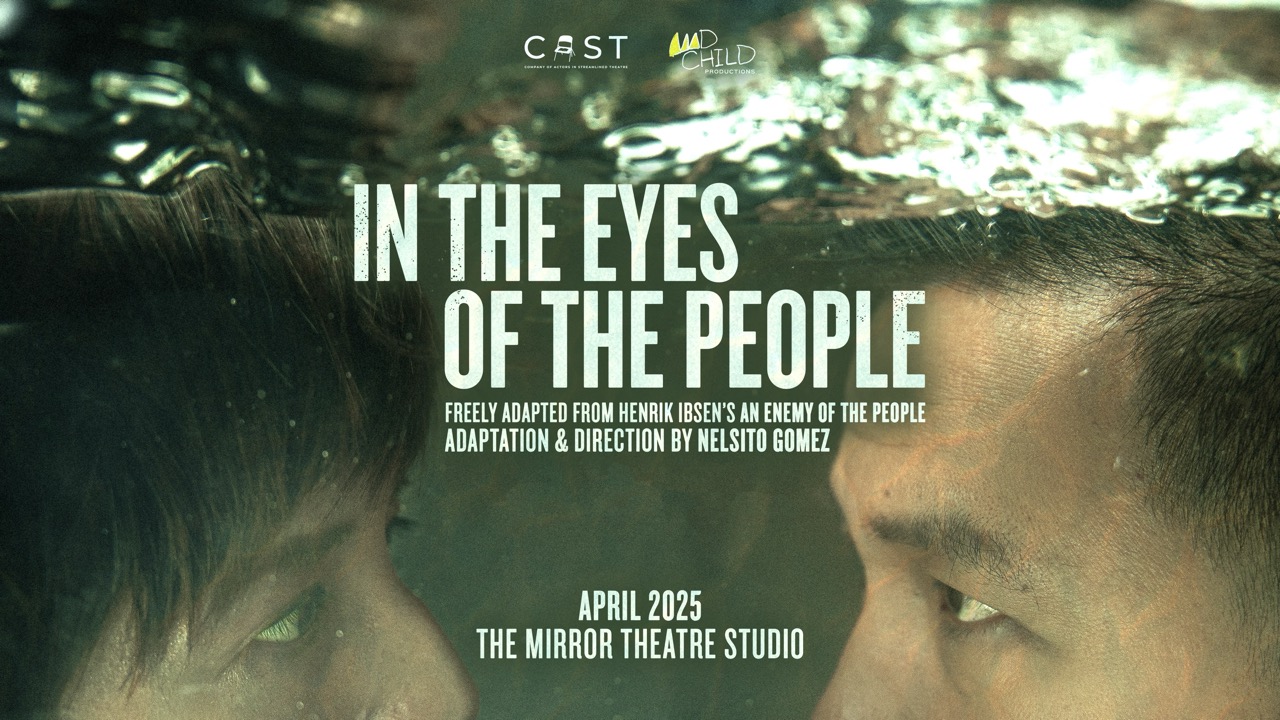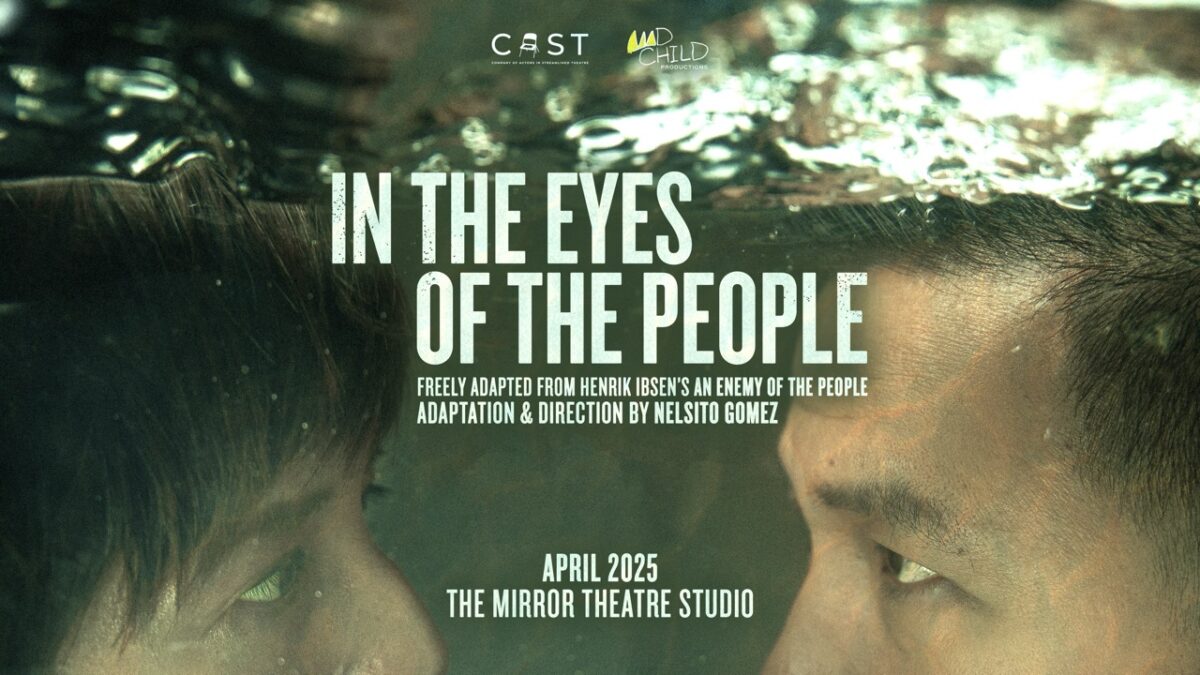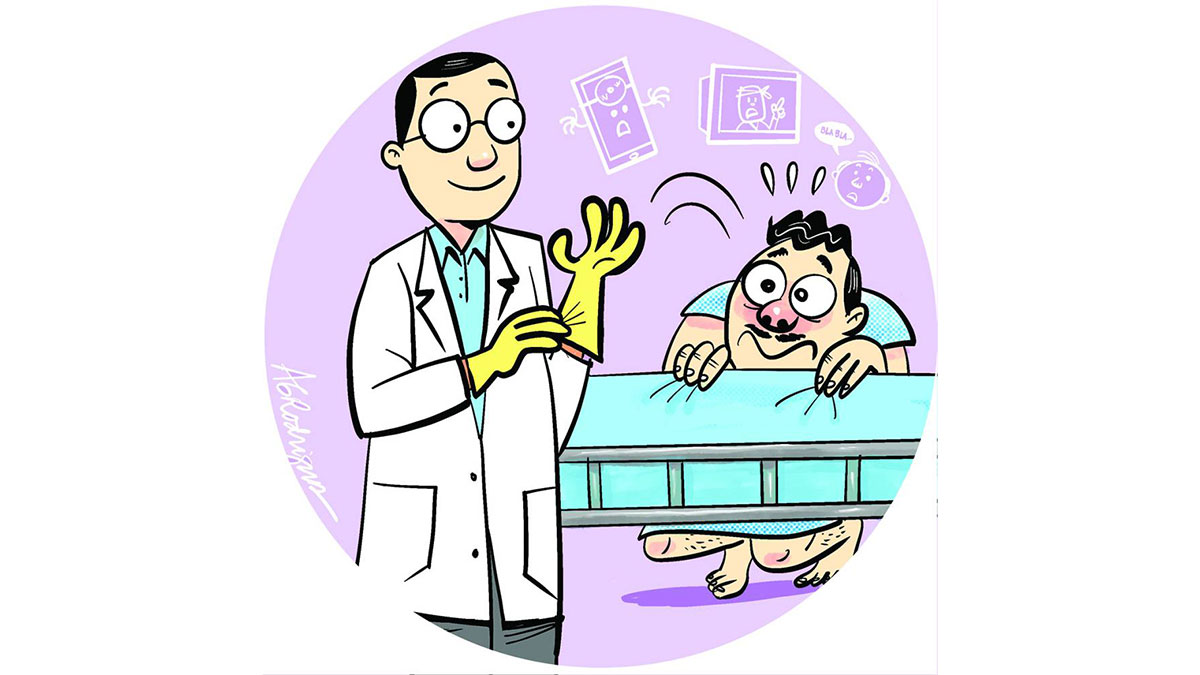Last week, I and 20 other Filipino doctors—heart specialists, endocrinologists and diabetes experts, and kidney specialists—had the chance to exchange ideas with some Greek cardiometabolic specialists headed by professor Athanasios Manolis, director of the Cardiology Institute of the Asklepeion Medical Center in Athens, Greece.
This is part of a Center of Excellence (Centrex) program made possible by an unrestricted grant from LRI-Therapharma, a division of Unilab.
The main objective is to expose our local doctors to medical centers of excellence abroad, interact with their medical staff, exchange best practices and agree on some collaborative undertakings, particularly in research.
Optimized medical treatment
Professor Manolis has been a good friend of mine for quite some time now, as we served as cofaculty in international conferences and continue to share advocacies, like reducing the number of invasive interventions on clogged arteries by optimizing medical treatment.
We both believe that in about a quarter to a third of heart patients with stable coronary heart disease undergoing angioplasties, there is still room to withhold intervention and optimize lifestyle changes and drug interventions.
There is now robust scientific evidence that in a good number of patients with clogged arteries, the long-term outcome in terms of survival is the same whether you just treat them with diet, exercise and drugs, or subject them to angioplasty—a procedure wherein a scaffolding-like device called a stent is inserted after declogging an artery to prevent it from getting obstructed again.
There are cases, however, of clogged arteries when angioplasty or even coronary bypass surgery are indicated. In cases of an acute myocardial infarction (heart attack), immediate angioplasty is strongly recommended whenever feasible to save the affected heart muscles from dying.
In patients with stable clogged arteries involving the main arteries of the heart, or if a big portion of the heart muscles is compromised, angioplasty or bypass surgery would also be indicated. But for those whose clogged arteries involve smaller arteries, optimal medical treatment is the better option.
I have always been impressed by professor Manolis’ passion to share his expertise and research, and his ability to translate complicated guidelines in the management of cardiovascular diseases, like hypertension and coronary heart disease, into simplified algorithms, which physicians could easily apply in their own practices.
Sprawling property
The accomplishments of professor Manolis and his staff at Asklepeion Hospital are truly inspiring, which hopefully we could duplicate here.
The hospital is actually more than a hundred years old and was originally intended to treat patients with chronic lung problems and other debilitating illnesses, since it’s on a sprawling property of the Greek Red Cross near the seaside, around 30 kilometers outside of Athens.
The long picturesque coastline is dubbed by some travel writers as the Greek Riviera.
In 10 years since professor Manolis became the head of the hospital’s cardiology department, it was transformed into a word-class cardiovascular institute truly deserving of recognition as one of the centers of excellence in treating hypertension and cardiovascular problems in Europe.
All patients are managed for free. Even expensive heart interventions and surgeries, which would cost millions here, are performed for free. Their facilities are state-of-the-art, which we can only see in five-star medical centers here.
This won’t be surprising if Asklepeion Hospital were a private medical center. It is actually a government or public hospital. The buildings may look old from the outside but when you go in, all the sections are newly renovated or are undergoing renovation.
Because of its impressive track record in patient service and research, Greek shipping tycoons and businessmen—many of whom are personal patients or friends of professor Manolis—are donating generous amounts to upgrade both the buildings and the equipment.
I’ve heard of the accomplishments of professor Manolis from our other colleagues, but to see it is awe-inspiring and provides us a good model for a truly beneficial public-private partnership (PPP).
Some of the Greek big-time donors remain anonymous. It’s a genuine altruistic act to share their blessings with their countrymen in need of world-class medical treatment.
I recall we tried some PPP projects for some government hospitals here, but most seem to have fizzled out because the donations from private groups were conditional, with strings attached.
If Greek shipping magnates are willing to help, no strings attached, I’m sure our tycoons would also gladly do the same, so that the marginalized sectors of our society could have a taste of world-class medical treatment.












































